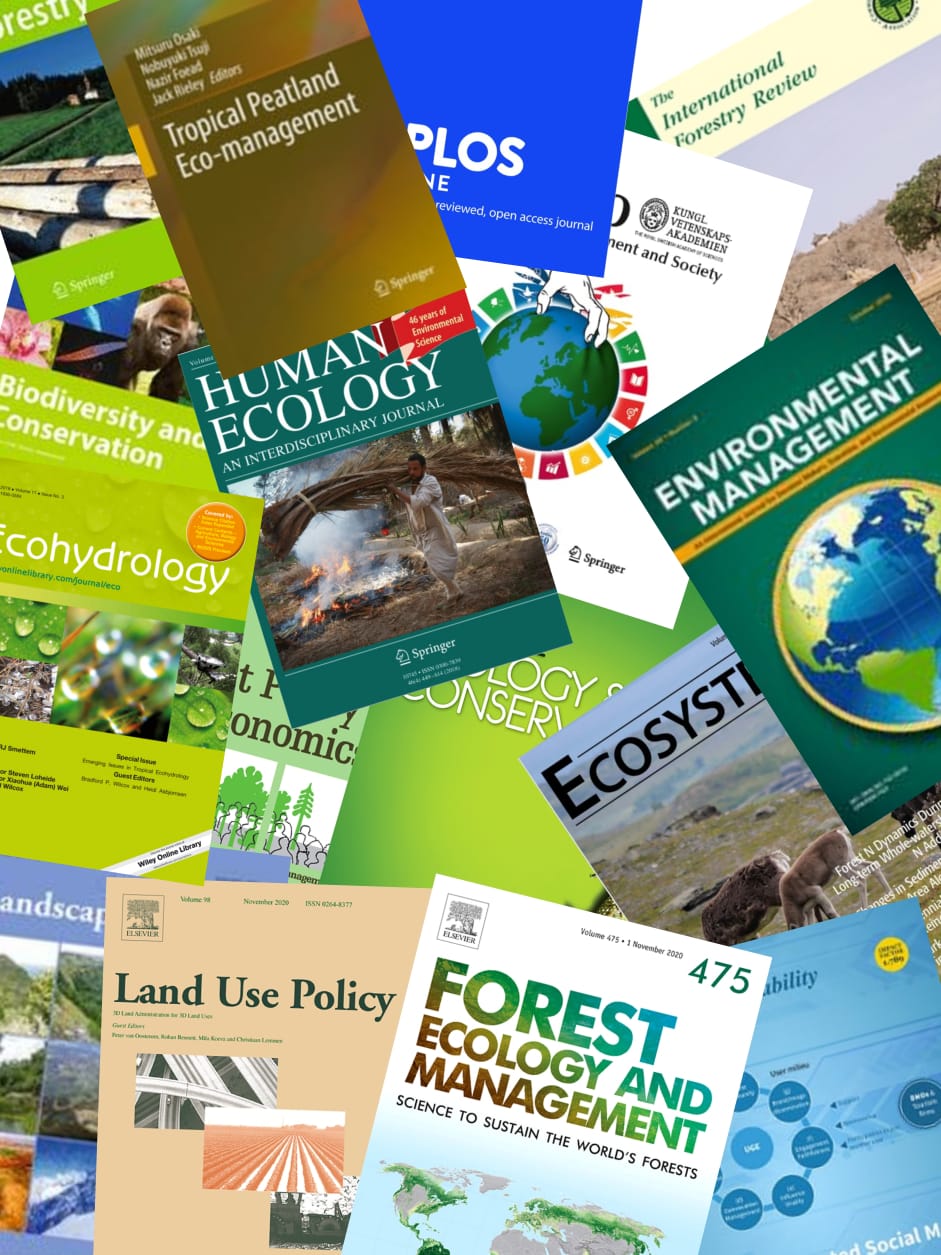Architecture contributed in global warming by consuming non-renewable energy and producing waste. Sustainability has become one of the major issues in the building industry, as it can help reducing the environmental impact. Therefore, it is vital for architects to apply sustainable design principles. This study aims to see the sustainability awareness of architects by assessing an architectural firm's project based on the sustainable building framework. The case study was Mesvara House in Yogyakarta designed by Vignette. Data were collected through direct observation and interviews, and analysed using the sustainable building framework as the assessment tool. Result of the study revealed that Vignette has shown that they are aware of sustainability issues in architecture by implementing all objectives in the framework such as recourse conservation for environmental sustainability, cost efficiency for economic sustainability, and design for human adaptation for social sustainability. For resource conservation, the architect applied effective construction method, using local materials, applied innovative watering system and using a non-arable land. For cost efficiency, the strategies implemented was low budget project, maximizing passive energy, utilizing easy-to-maintenance materials, and future expansion preparation As for design for human adaptation, this house applied thermal comfort and anticipated from fire, natural hazard and crimes. © 2018 Institute of Physics Publishing. All rights reserved.
View source

